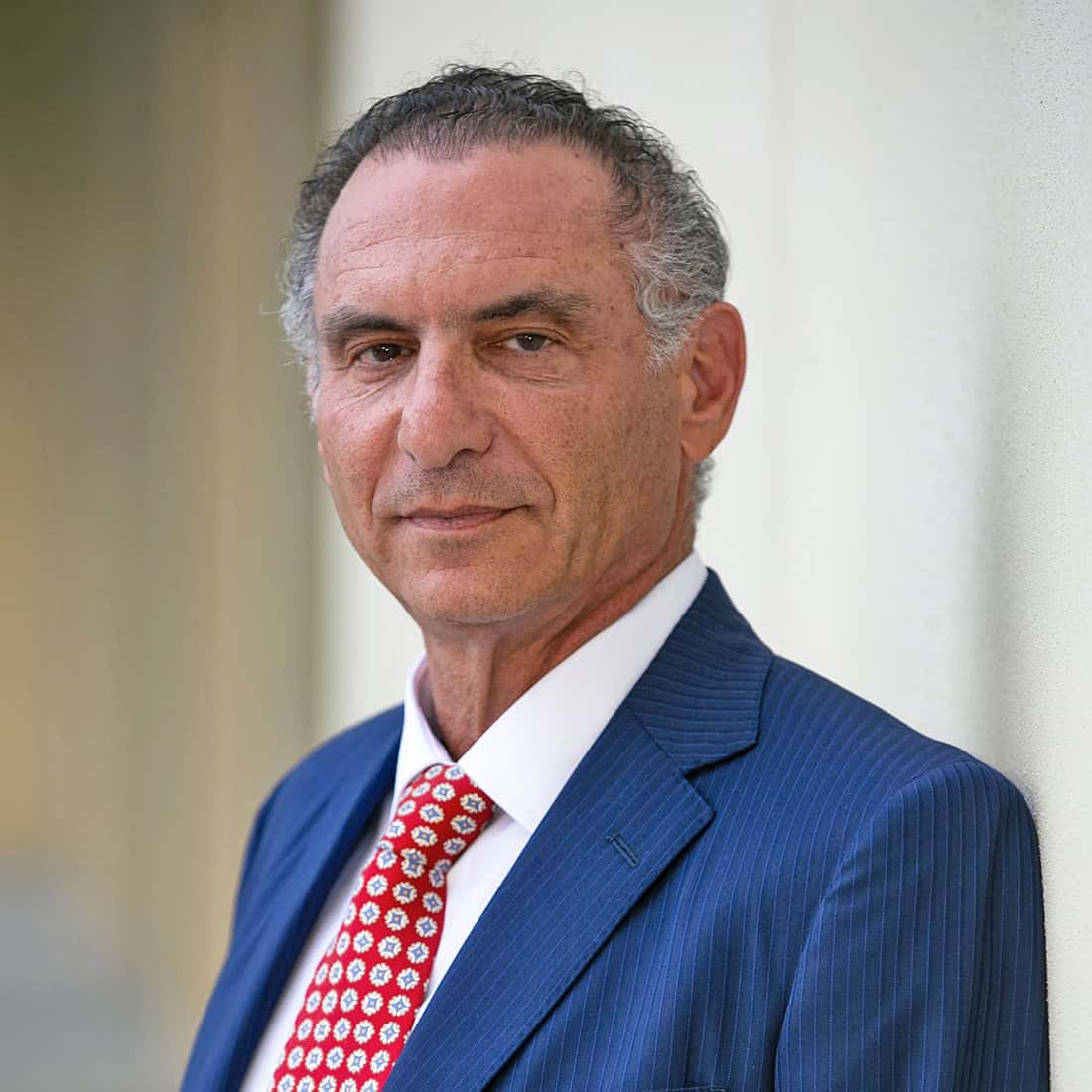Course Info
Updates, Best Practices, Tools and Optimized Strategies for Testosterone Therapy and Men’s Health
Testosterone therapy is one of the most controversial topics in medicine, yet multiple medical societies endorse its use, supported by level 1 evidence showing a variety of health benefits in men. This innovative and comprehensive course will focus on testosterone deficiency and its treatment in men and women and will also address several other sexual issues. Studies indicate that nearly 40% of men over the age of 45 have overtly low testosterone levels, yet education in this area is extremely limited. Similarly, there have been few educational opportunities to address sexual dysfunction in men and women. Approximately 40% of men and a similar percentage of women have one sexual dysfunction or another. Indeed, there have been several fascinating therapeutic advances in the treatment of sexual dysfunction in women that have received scant attention in other educational events.
FEATURING:
- Innovative lectures
- Valuable case-based sessions
- Live demonstrations
- Question-and-answer panels
- Interactive discussions
Program Highlights
- The importance of testosterone in male health
- The ABCs of testosterone
- Can testosterone be used in men with prostate cancer?
- Testosterone and the risk of breast cancer in women
- Managing risks, including cardiovascular disease
- Effective and safe interventions to preserve fertility
- The who, when and why of testosterone replacement therapy
- Advising patients on testosterone myths and facts
- Current evidence regarding HRT in women and how to start treatment
- Addressing “hormonophobia”: What’s the truth?
- Evidence-based solutions for improving male sexual problems
- The TRAVERSE Trial results
- Hypoactive sexual desire disorder and other common sexual issues for women
- Real-world evidence – who’s a candidate for T therapy? Recent updates on society guidelines and recommendations
- Management of complex cases
- How to handle adverse effects from treatment (i.e., erythrocytosis, rise in PSA)
- Common female sexual issues and their treatment
- Non-medical strategies for managing couples with sexual complaints – expert advice from a clinical psychologist and sex therapist
- Evaluation of and cutting-edge treatment for ED
- Practical pearls from Dr. Morgentaler
Welcome From the Director

Testosterone therapy has been controversial since it first became available in the 1930s. Today, we know that not only do men with testosterone deficiency suffer from a variety of troubling sexual and non-sexual symptoms, but also that there are important health risks associated with untreated testosterone deficiency, including obesity, decreased bone mineral density and increased mortality.
The field of testosterone therapy and sexual health is becoming increasingly recognized as critical to the health and wellness of our patients, with a surge of groundbreaking research and a growing recognition of the vital role hormone therapy plays—in both men and women. We now have level 1 evidence that testosterone therapy provides valuable benefits to men, and numerous medical societies have published guidelines endorsing the use of testosterone therapy.
Yet there remains a poor knowledge base among physicians and considerable misunderstanding of testosterone therapy, its benefits and its risks! There is confusion as to who is a candidate, how to make the diagnosis, how to treat and what the actual risks are, including cardiovascular and prostate cancer.
I have been researching and publishing on this topic for over 40 years, while gaining extensive clinical experience in my medical practice as the founder of the first comprehensive men’s health center in the US. I’ve been humbled to see my research credited with transforming our understanding of the relationship between testosterone and prostate cancer, and it has been gratifying to see the field evolve as ideas once considered “dangerous” have now become mainstream as the implications of that research have been widely accepted.
I am delighted to be able to offer this course, addressing not only testosterone issues but also a number of sexual health problems affecting both men and women. These are common issues encountered by healthcare providers every day. The superb faculty and I will provide a comprehensive, evidence-based approach to these issues, combined with pearls from clinical experience, so that you will be able to return to your practice with improved comfort and confidence to effectively help your patients with testosterone deficiency and other sexual concerns.
Whether you’re a seasoned practitioner or new to this area, you’ll find invaluable insights and practical guidance from our all-star faculty. We hope you will join us January 16-17, 2026, in Orlando, Florida, for an exciting weekend of learning.
Abraham Morgentaler, MD, FACS
Course Director
Learning Objectives
At the end of this course, you will be able to:
- Identify individuals with testosterone deficiency
- Identify risks and benefits of testosterone therapy
- Discuss the advantages and disadvantage of each of the treatment options for management of male and female sexual dysfunctions
